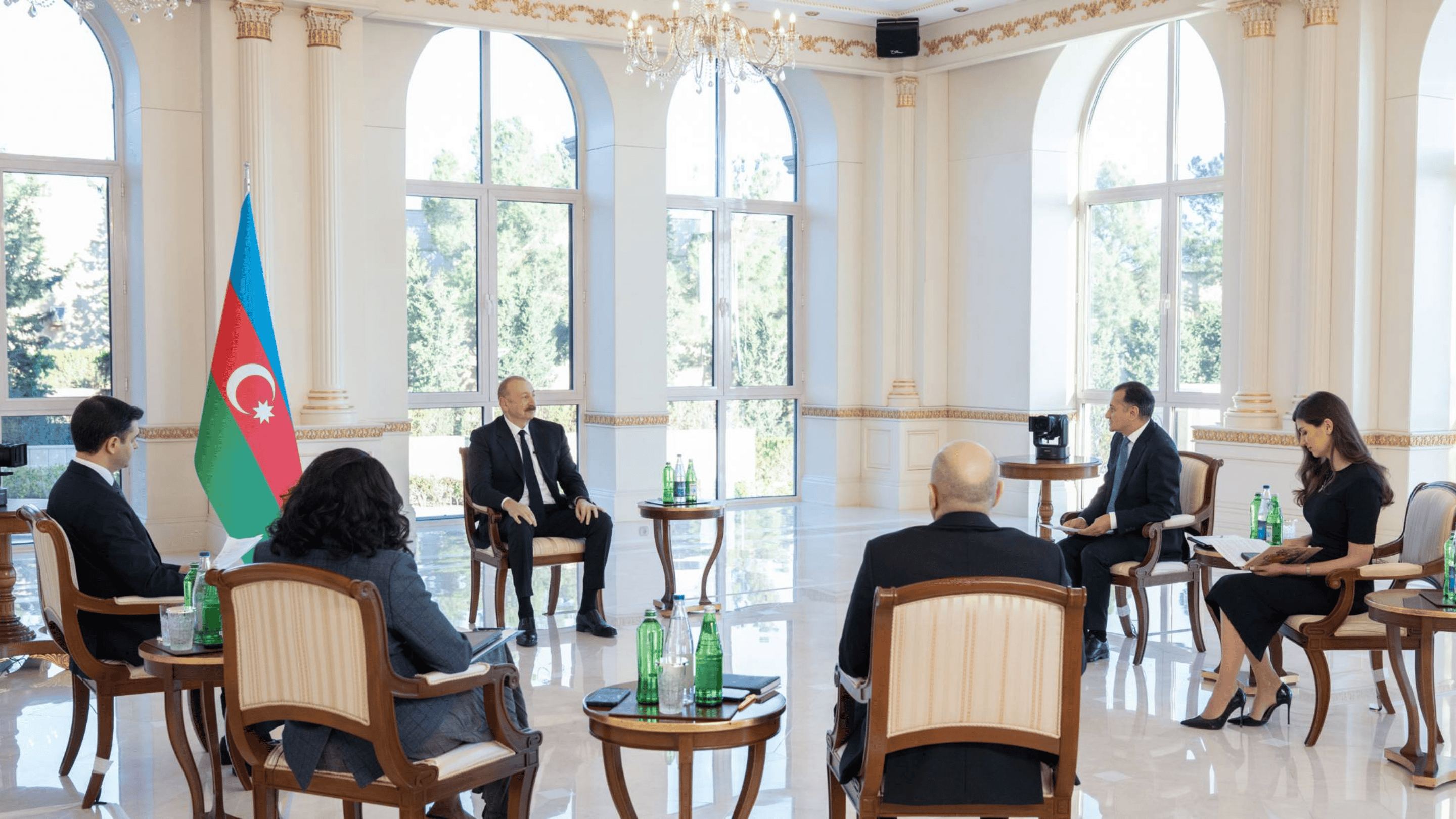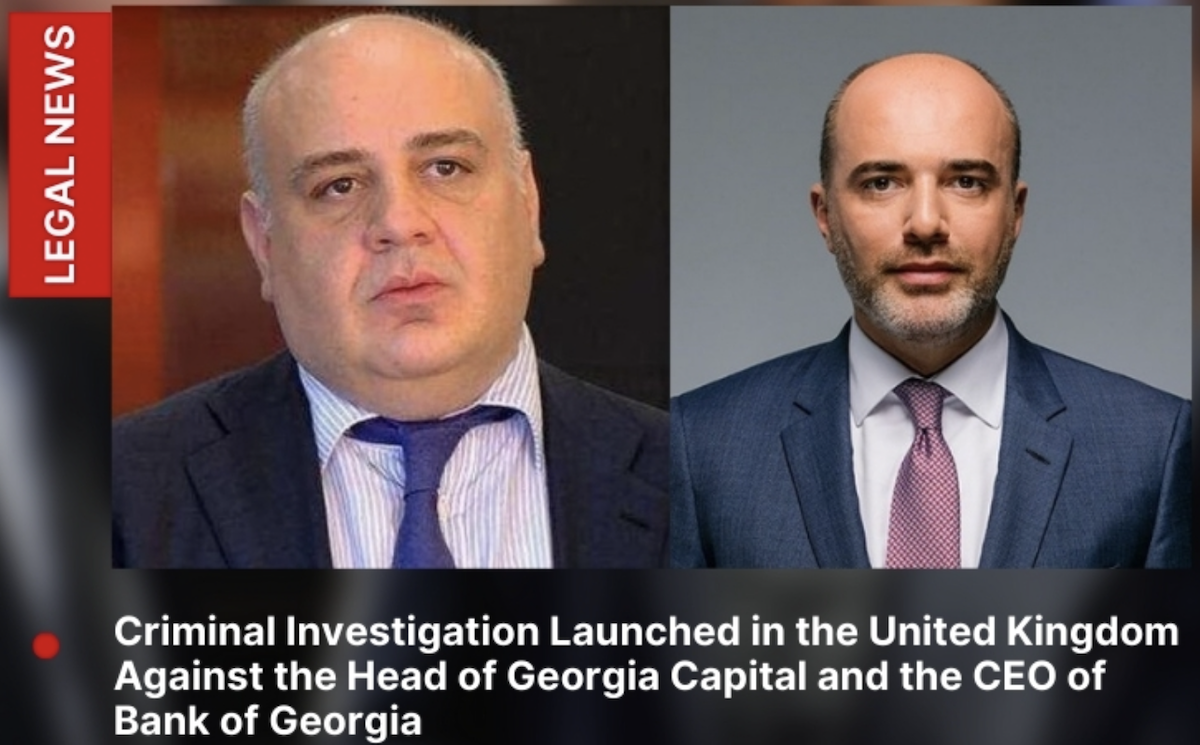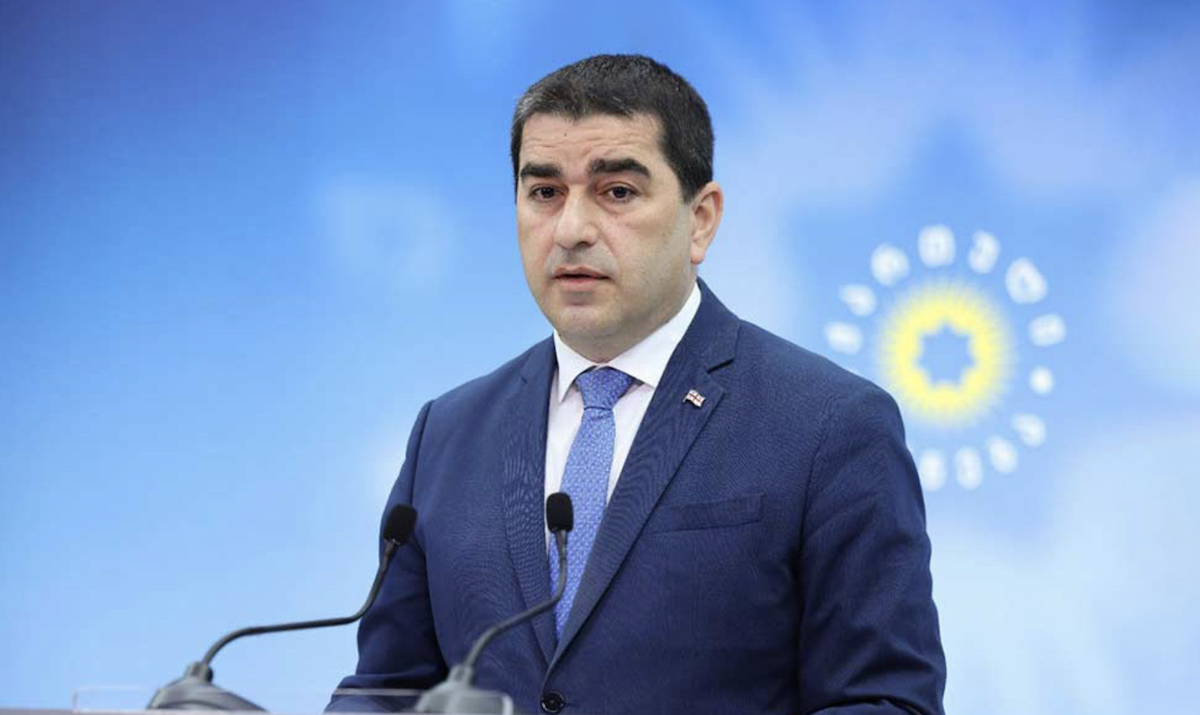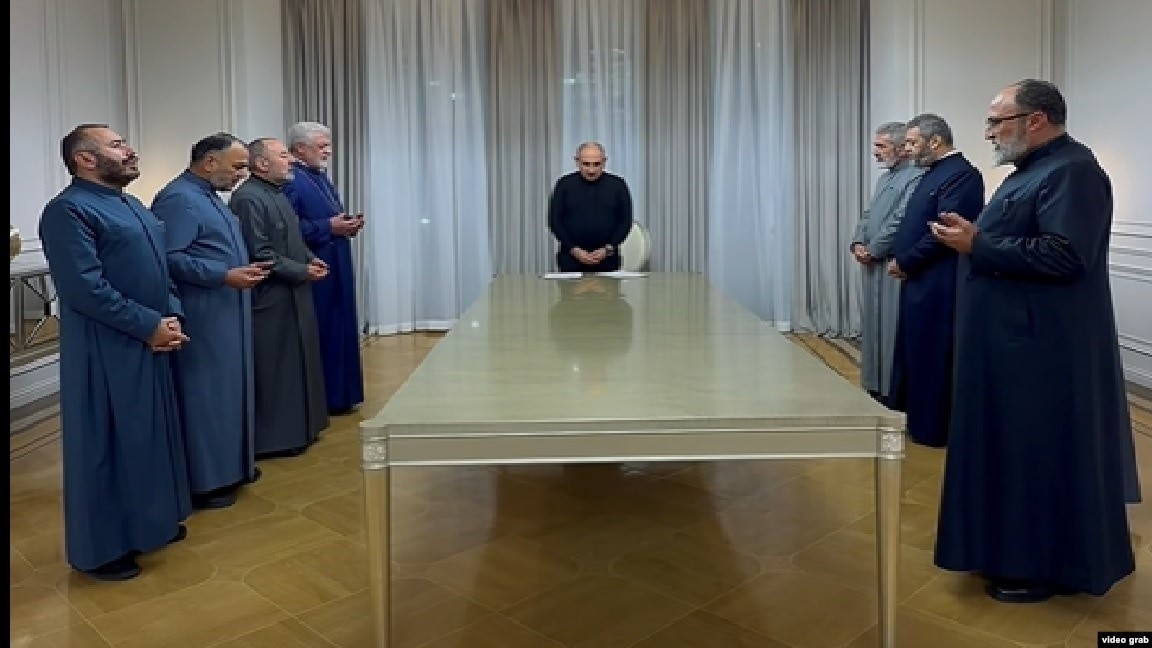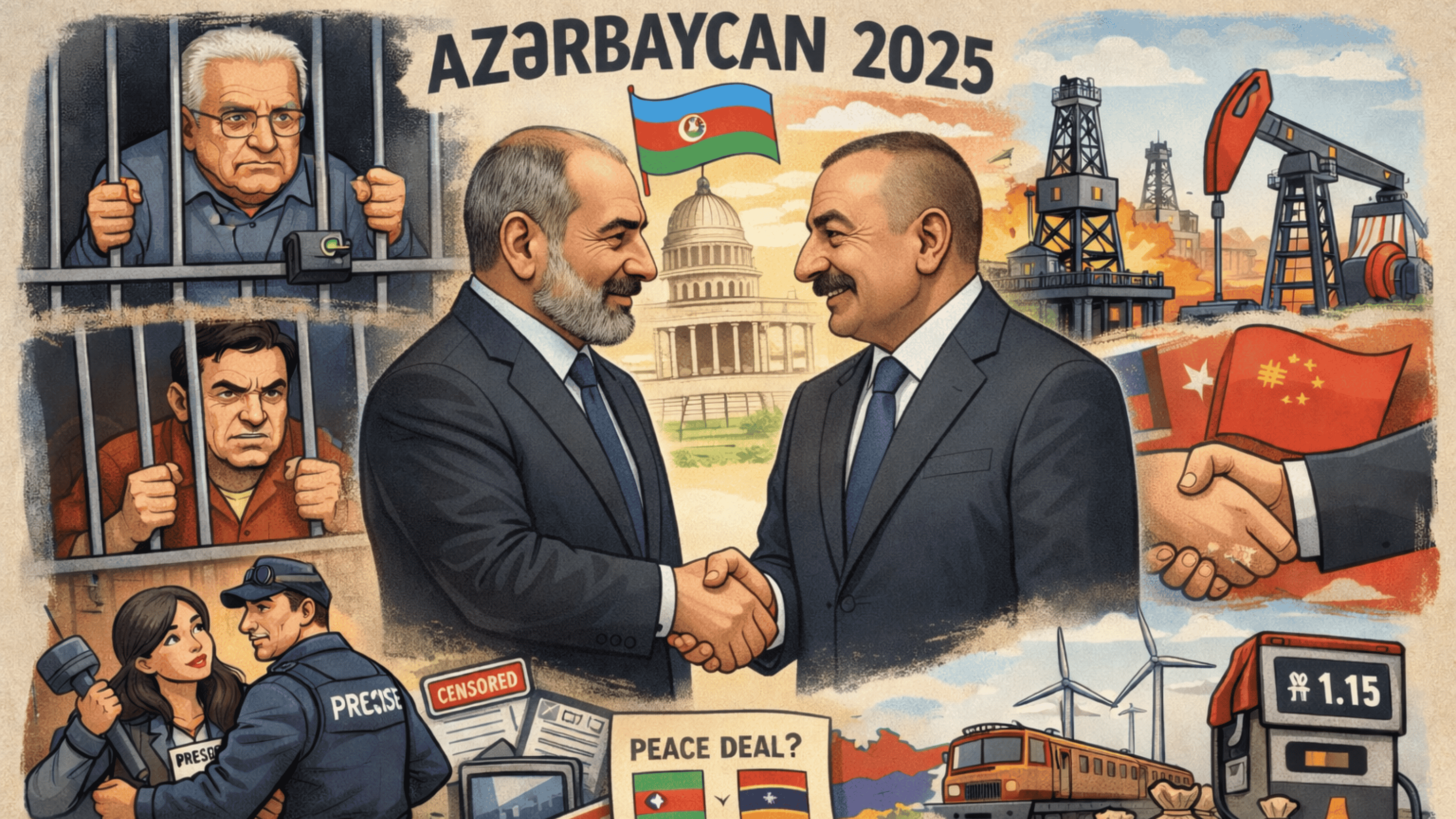"Foreign agents bill" has been adopted. What's next? Details on Georgia president's veto procedure
Georgia president’s veto
With 84 votes in favor and 30 against, against the backdrop of massive protests, harsh Western criticism, debates, and arrests, the Georgian Parliament on May 14 passed the “Foreign Influence Law,” commonly referred to as the “Russian law,” in its third and final reading.
President Salome Zourabichvili has already stated that she will veto the law. However, the “Georgian Dream” has enough votes to override it.
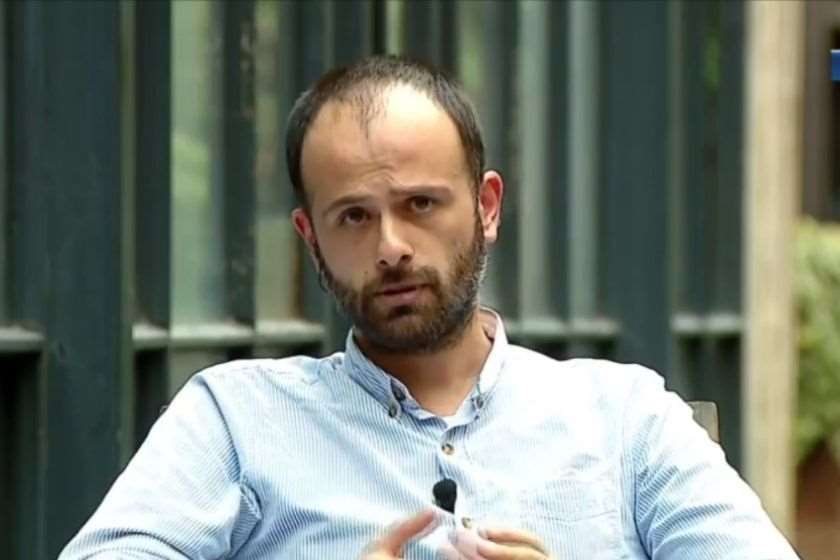
Lawyer Vakhushti Menabde explains the procedures that must be followed in this process and the expectations associated with the president’s veto.
“After the parliament passed the ‘foreign agents bill’ in its third reading, we are all wondering what the president intends to do.
A few days ago, she stated: ‘I will definitely veto it, but I will not engage in any manipulations [referring to amendments].’ These words may lead us to think that the president may veto the law without any notes. However, no, as it would be a violation— the constitution does not recognize such an act. I don’t think the president meant exactly that.
- What we call a ‘veto’ is actually ‘motivated remarks.’ Our legislation does not recognize the term ‘veto’;
- The law passed by the parliament is sent to the president, who either (a) signs and promulgates it or (b) sends it back to the parliament with ‘motivated remarks’;
- The president has two weeks to do so;
- “Georgian nightmare”. EU delegates on the ‘foreign agents’ bill
- “If the ‘foreign agents’ bill remains in its current form, there will be sanctions,” – US Assistant Secretary of State
- Georgian Parliament approved the “foreign agents bill” in the third and final reading
4. In her “motivated remarks,” the president presents to the parliament the specific provisions of the law that are unacceptable to her and proposes a new version. These may include new formulations, and it’s also possible that the president will suggest removing certain articles altogether. This means that the president must carefully analyze the law and note those provisions that, in her opinion, pose a problem and need to be replaced (with alternatives) or excluded altogether;
5. The president cannot demand the complete repeal of the law, but she can propose a substantially revised version of the law to the parliament;
6. The document is then returned to the parliament, where it must be considered, although there is no specific deadline for this;
7. The parliament votes on all “motivated remarks” at once: either accepts all or rejects all. It is not possible to accept them partly;
8. At this stage, neither the parliament nor the president can make any changes to the version of the law already submitted by the president, even if they reach an agreement during the parliamentary discussion of the “motivated remarks”;
9. The president’s version requires the support of a majority of the parliamentarians present (but not less than 50 deputies);
10. If the parliament disagrees with the president, it can override the veto. To override the veto in our case, 76 votes are required, and the “Georgian Dream” has “support” from 84 votes;
11. After that, the adopted law is sent back to the president. And she no longer has the right to use the veto mechanism again;
12. The president may refuse to sign the law. But this is a symbolic act; legally, it does not change anything. Instead, the law will be signed and published by the chairman of the parliament;
13. After that, the law comes into force within the deadlines set by the law itself.
In conclusion:
(a) Having the veto power, the president cannot simply say, “The law must be repealed.” Alternatively, the president must propose specific amendments to the parliament;
(b) The “Georgian Dream” has enough votes to override the veto.
By talking about “not engaging in manipulations,” the president, I believe, refused to engage in preliminary consultations with the majority (which is optional practice). It is implied that, well, you will have to consider what I have written rather than negotiate with me. The president apparently did not intend to send an “empty” veto to the parliament, as in such a case, the application of the veto would lose its meaning.
Also, at the beginning of next week, there will be a report from the Venice Commission, and it is expected to also influence this process,” wrote Vakhushti Menabde.
Georgia president’s veto










